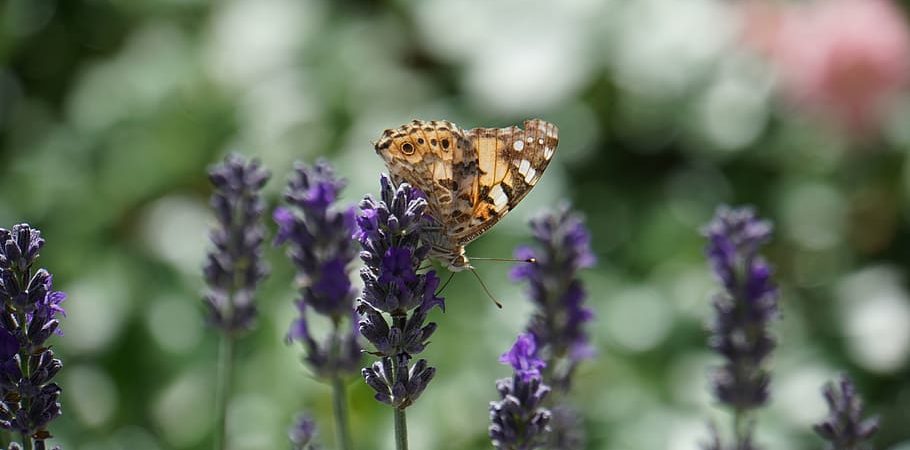Item Link: Access the Resource
File: Download
Publication Info: https://doi.org/10.1002/ecm.1553
Date of Publication: November 7
Year of Publication: 2022
Publication City: Washington, DC
Publisher: ESA/Wiley
Author(s): Harvey, Jeffrey A., Tougeron, Kévin, Gols, Rieta, Heinen, Robin, Abarca, Mariana, Abram, Paul K., Basset, Yves, et al.
Journal: Ecological Monographs
Volume: e1553
Abstract
Climate warming is considered to be among the most serious of anthropogenic stresses to the environment, because it not only has direct effects on biodiversity, but it also exacerbates the harmful effects of other human-mediated threats. The associated consequences are potentially severe, particularly in terms of threats to species preservation, as well as in the preservation of an array of ecosystem services provided by biodiversity. Among the most affected groups of animals are insects—central components of many ecosystems—for which climate change has pervasive effects from individuals to communities. In this contribution to the scientists’ warning series, we summarize the effect of the gradual global surface temperature increase on insects, in terms of physiology, behavior, phenology, distribution, and species interactions, as well as the effect of increased frequency and duration of extreme events such as hot and cold spells, fires, droughts, and floods on these parameters. We warn that, if no action is taken to better understand and reduce the action of climate change on insects, we will drastically reduce our ability to build a sustainable future based on healthy, functional ecosystems. We discuss perspectives on relevant ways to conserve insects in the face of climate change, and we offer several key recommendations on management approaches that can be adopted, on policies that should be pursued, and on the involvement of the general public in the protection effort.
Read or download the full paper here or from the above link.

